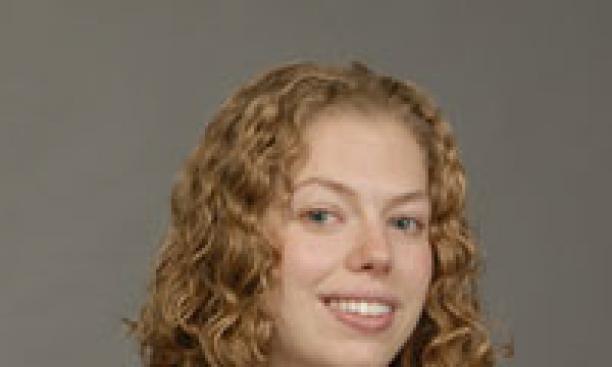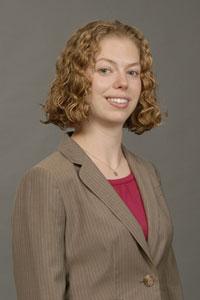
Digging up interesting research topics is nothing new for Katherine Milkman ’04, an assistant professor of operations and information at the University of Pennsylvania’s Wharton School. Milkman’s senior thesis, an operations research study of short-fiction selections in The New Yorker, drew coverage in The New York Times, and during her Ph.D. studies at Harvard, she co-authored a study that showed movie renters prefer low-brow flicks over high-brow fare, even when their stated preferences indicate otherwise. (Portfolio framed it as the “Harold and Kumar or Citizen Kane” question.)
At Wharton, Milkman has continued to explore choice in a social-science context, and her papers continue to reach beyond academia, adding insight to questions like why some patients don’t keep their appointment for a flu shot and how readers pick the news stories that they pass along to their friends. This week, another timely finding from Milkman and co-author John L. Beshears of Stanford has popped up in the media. Milkman and Beshears found that stock analysts who are wrong about their forecasts tend to become more entrenched in their erroneous positions, a phenomenon that could contribute to market bubbles. The research was published in the Journal of Economic Behavior and Organization.
Do you have a nominee for Tiger of the Week? Let us know. All alumni qualify. PAW’s Tiger of the Week is selected by our staff, with help from readers like you.

